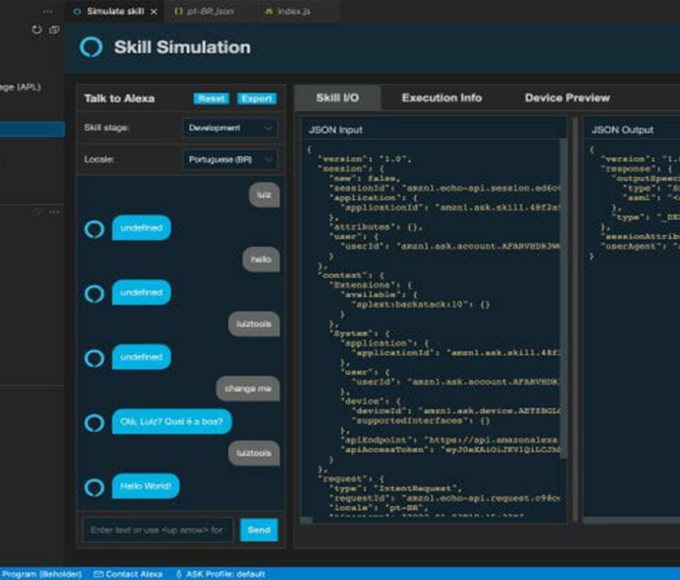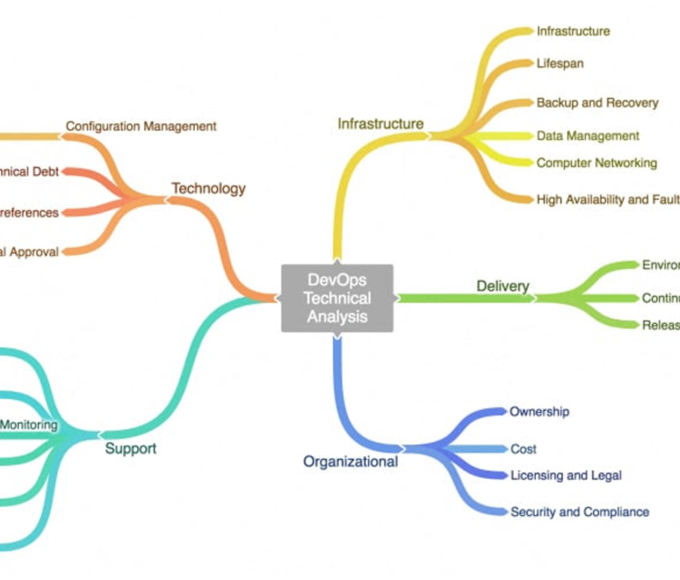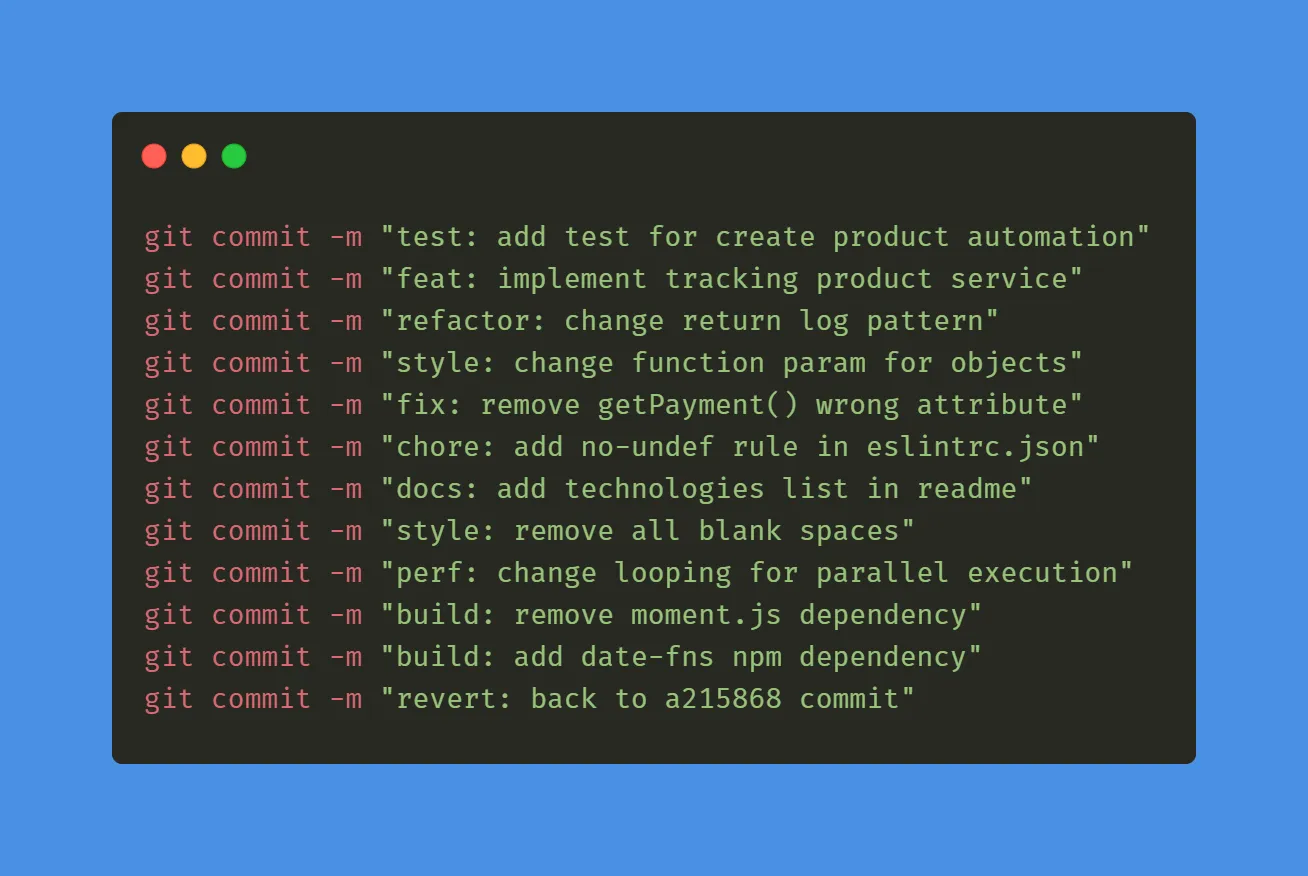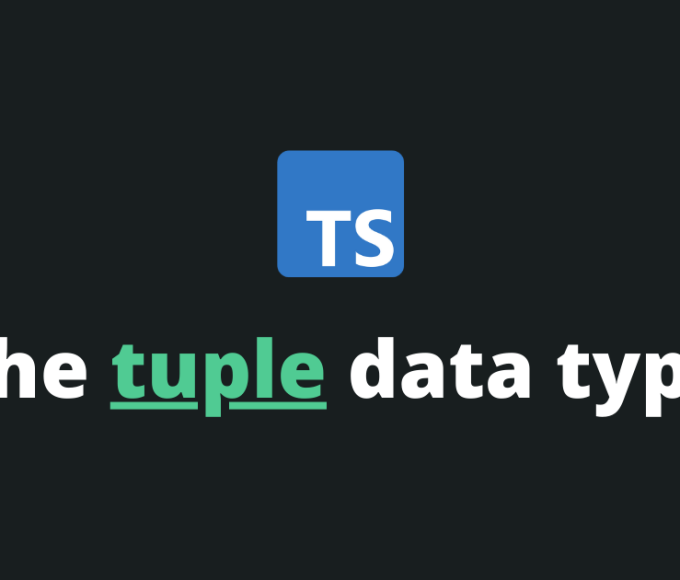Talent crisis and the importance of workforce trainingEven with countless layoffs happening, the IT sector continues to deal with the lack of qualified labor. The talent shortage, in Brazil and worldwide, reached its highest level in the last 17 years, according to a survey carried out by ManpowerGroup. Still, according to the survey, the technology sector is the most affected by the lack of demand for trained professionals.
Despite this, the IT landscape is growing, and it shows in the data. According to a report produced by Gartner, investments in the tech sector should reach US$ 4.6 trillion this year, representing an increase of 5.1% compared to last year. Jobs are on the rise, according to a survey produced by Cortex. According to the survey in January, there were more than 33,000 open opportunities, an increase of 38% compared to the same period in 2022, when there were just over 24,000 vacancies.
The perspective is that competition for qualified professionals will continue to increase, as well as their cost. Therefore, companies in the sector need to learn how to develop action plans that minimize this gap. In this sense, I bring three provocations to discuss:
Does your recruitment and selection process remain really effective and agile enough?
To hire well in 2023, the company must expand its tactics in the search for good candidates. Combined actions of advertising vacancies and active search for talent are also valid in the prospecting phase. However, it is still important to encourage candidate referral programs, whether by the company’s employees, acquaintances, or partner tech recruiter networks. Companies that use practices like those reported above have been able to finalize R&S processes in less than a month. How is this KPI in your company currently?
How often have you revisited the conditions and benefits of your hiring offer?
It’s time to think differently, out of the obvious pattern, and exceed the regulatory minimum. To guide your job offer for digital technology professionals, in 2023, a hybrid regime or home office package is to be minimally attractive. More than ever, talent seeks more objective and transparent personal development, career, and corporate promotion plans. Flexible benefits are also a trend. Recently, financial support options have begun to emerge aimed at renegotiating employee debts. And in your case, what is the differential between your compensation and benefits package?
How aligned are the corporate objectives with the development plan of its employees?
In an increasingly dynamic world, where the need for upskilling and reskilling actions is growing, the strategic mapping of skills (and the consequent gap between what your employees have today and the technological roadmap planned for the organization future) makes an important competitive differentiator.
Given this scenario, professional training and candidates have been – and should continue to be – the focus of solutions to deal with the talent shortage since, now, more than ever, organizations need to understand the importance of investing in their collaborators. In Brazil, according to research by ManPowerGroup, around 82% of companies invest in this alternative. In global data, the rate represents 71% of companies.
For sure, the most significant contribution to combating the shortage of professionals in technology is the massive and collaborative investment in training and empowering talent.
A maxim I’ve been using a lot lately is “train to recruit better, recruit and train to get better”. To clarify in a practical way, I offer three perspectives on the issue:
-> Invest in pre-employment training that works as your selection filter and technical assessment.
This can be a valuable option for the company to relate to the candidate in advance, learn about their performance and commitment, and cultivate trust for both sides when hiring, in addition to investing concretely in employer branding.
-> Train and certify in-house talent as part of the internal promotion and mobility plan.
Recent surveys show that the practice is worthwhile for employee motivation and engagement and from a turnover perspective. Check this out: according to a survey conducted by LinkedIn in Oceania, employees who have T&D opportunities and internal mobility tend to stay twice as long at the company. And according to a poll conducted by the Deloitte consultancy, 75% of high-performing companies prioritize internal mobility (against 37% of low-performing companies).
-> Train industry professionals who don’t already have the technical skills at the level of proficiency you seek
Create opportunities for “junior tech skills”, those talents who still need to develop hard skills, but who already have the experience and soft skills necessary to deliver the results your company seeks in the medium and long term.
When a due value is attributed to the strategic combination of recruitment and selection, mapping and competence management, and individual training and development, cultivating your company’s relationship with traditional educational institutions and ed techs is also a valid solution. Multilateral cooperation in tech talent training is essential in this scenario, mainly because it offers a more assertive solution to companies directly affected by the lack of qualified labor.
With all this in mind it is important that companies dedicate themselves to looking more closely at these solutions as they are directly related to maintaining the growth and retention of IT teams and consequently the success of companies’ digital transformation projects, representing the smartest path to take towards taking advantage of the best opportunities generated by this more superficial perception of the recent crisis in the technology and innovation market.
*O conteúdo deste artigo é de responsabilidade do(a) autor(a) e não reflete necessariamente a opinião do iMasters.































Leave a comment